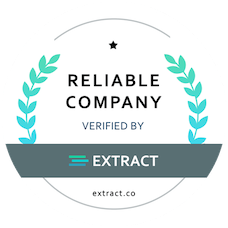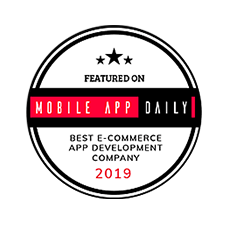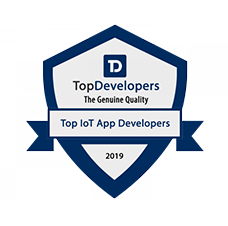ERP for Retail
Enterprise Resource Planning systems refer to the software packages that integrate data and the related processes of an organization. Built to help the optimization of private business methods across an enterprise, ERP packages have become a competitive tool for large retail organizations. ERP software uses a single database that allows various departments to communicate with all others. ERP systems include function-specific features that are designed to interact with different modules like Order Entry, Accounts Payable, Accounts Receivable, Purchasing, etc. Retail ERP software packages have an enterprise-wide reach that offers cross-functional capabilities to the organization.
Main components of the Retail ERP System
An ERP system comprises components to ensure that all business area within the organization relies on a single source, allowing staff to make better decisions faster. The main components of a retail ERP system enter the following:
Retail Planning = ERP for retail enables retailers to undertake planning activities as per the requirement of the situation. It focuses on the various strategies to be employed to help a retail store increase sales turnover.
Store Operations = ERP for retail helps streamline operations related to the store management feature. The store services are central to retail chains since market basket merchandising, analysis, inventory management, workforce management and much more are part of this.
Inventory Management = This component enables retailers of any Types & Sizes to effectively manage the inventory levels and track goods. Inventory Management is the process of over seeing the constant flow of units into & out of an existing inventory. Inventory often accounts for the highest proportion of the effective capital as raw material, WIP & finished goods.
Supply Chain Management = ERP for retail manages the end-to-end supply chain for retailers. Shipping of materials or products dealing with potentially massive amounts of data scattered through out the world, ERP systems can help ensure information stays interconnected and can be easily accessed by all relevant stakeholders.
Demand Forecasting = Tracking past trends & forecasting future demands is easier & higher on accuracy with ERP for retail. Manage customer satisfaction, maximize sales & reduce inventory carrying costs with ERP for retail.
Vendor Management = Capture vendor details, leading time, review other vendor details. Perform a comparison between vendors and choose a preferred vendor with ERP for retail.
Client Management = Client management becomes simple with the automated processes for capturing customer data, preferences and activities with ERP for retail.
Track & boost customer lifetime value with ERP for retail. Get fresh customers, identify your loyal customers, keep them engaged & create your brand.
Finance Management = Retailers can manage their accounting simply with ERP for retail as it gives a comprehensive set of tools required to manage all the financial aspects of your business while maintaining a high level of regulatory compliance.
Database Integration = A comprehensive ERP for retail helps in process management & gives access to real-time reports. ERP makes the required data ready to give insights into the financial health of a retail business.






